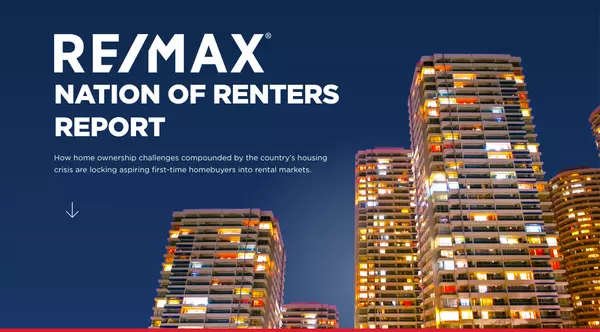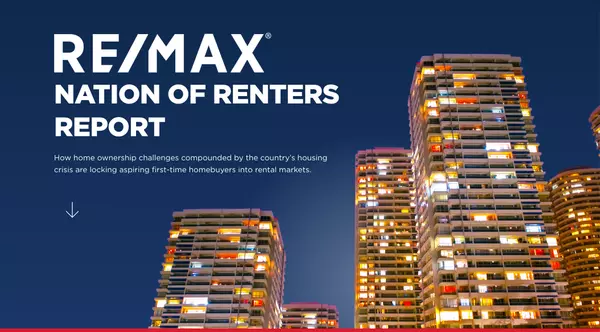What is a Halal Mortgage?
With the growing diversity of financial products available in global markets, more individuals are seeking options that align with their personal beliefs and ethical standards. One such product gaining increasing attention, especially in communities observing Islamic principles, is the halal mortgage.
A halal mortgage is a Sharia-compliant financial product designed to help individuals purchase a home without violating Islamic laws prohibiting the payment or receipt of interest, also known as ‘riba.’ This type of financing is rooted in the principles of risk and profit sharing, ethical investments,and mutual consent, making it an appealing option for those adhering to Islamic law.
How Does a Halal Mortgage Work?
Halal mortgages are designed in accordance with Islamic law, which prohibits the payment or collection of interest (riba). The term “halal” means “permissible” in Arabic, highlighting that these financial products comply with ethical and religious principles. Unlike conventional mortgages that rely on interest payments, halal mortgages use mechanisms that promote risk sharing, transparency, and mutual consent. Halal home financing typically involves the lender and borrower sharing the risks and rewards of property ownership. This principle ensures that both parties are motivated to act in good faith and fairness.
The most fundamental principle of halal financing is the strict prohibition of riba. In Islamic finance, money is not seen as a commodity that can generate returns on its own. Instead, profits must be earned through legitimate business activities and risk-sharing. Islamic finance also mandates that all transactions must be free from unethical practices. This includes prohibitions against investments in industries such as alcohol, gambling and pork, which are considered haram (forbidden).
Is a Mortgage Haram?
A common misconception is that all forms of mortgages are haram because they involve borrowing and lending money. However, this is untrue for halal mortgages, which are specifically designed to comply with Islamic law and avoid riba.
Structure of a Halal Mortgage
Halal mortgages can be implemented through various Sharia-compliant structures. Below are some of the most common models:
Ijara (Leasing Agreements)
In the Ijara model, the financial institution purchases the property and leases it to the customer. The customer makes rental payments to the institution over a specified period. At the end of the lease term, the customer has the option to purchase the property. This structure avoids interest payments by substituting them with rental payments.
Ijara Example:
- The customer identifies a property they wish to purchase.
- The financial institution buys the property.
- The customer enters into a lease agreement with the financial institution, paying rent monthly.
- At the end of the lease term, the customer can purchase the property from the institution at an agreed price.
Musharakah (Partnership Models)
The Musharakah model involves a partnership between the financial institution and the customer. Both parties contribute to the purchase of the property, and ownership is shared. Over time, the customer buys out the institution’s share through periodic payments, eventually becoming the full owner. This is often referred to as Diminishing Musharakah and allows for gradual equity transfer without involving interest.
Musharakah Example:
- The customer and financial institution jointly purchase the property, each contributing a portion of the cost.
- Ownership is divided based on the initial contributions.
- The customer pays the institution a combination of rent for the institution’s share and periodic repayments to buy out the institution’s equity.
- Over time, the customer’s ownership share increases until they fully own the property.
Murabaha (Cost-Plus Profit)
In a Murabaha agreement, the financial institution purchases the property and immediately sells it to the customer at an agreed-upon price that includes a profit margin. The total cost is then paid in installments over a period. While the customer pays more than the original price, the profit margin is stipulated from the start, eliminating the uncertainty and variability of interest rates.
Murabaha Example:
- The customer identifies a property and agrees on a purchase price with the seller.
- The financial institution buys the property at the agreed price.
- The institution sells the property to the customer at a higher price, which includes a predefined profit margin.
- The customer pays the agreed total in instalments over a set period.
Recognition of Halal Mortgages in Canada
In recent years, the demand for Sharia-compliant financial products has been on the rise in Canada. This demand is driven primarily by the growing Muslim population, which seeks financial solutions that align with their religious beliefs. Traditional banks and specialized financial institutions have responded by offering various halal mortgage products. For many Muslims, accessing these products has been a way to engage in home financing in Canada without compromising on their religious values.
The landscape for halal mortgages in Canada took a significant turn with the recent government announcement officially recognizing these financial products. This move provides a regulatory framework that legitimizes and potentially broadens the availability of halal mortgages, offering a more stable and accessible pathway for consumers to obtain interest-free loans in Canada.
This big mortgage news has been met with general approval from the Muslim community and Islamic finance advocates, who see it as a milestone toward greater financial inclusion. Media coverage highlights the potential for halal mortgages to make housing more accessible and reflects the broader societal interest in diversified and ethical financial products.
By combining the growing availability of halal mortgages in Canada with government support and formal recognition, the future of Sharia-compliant home financing appears promising. This regulatory endorsement validates existing products and paves the way for more robust and comprehensive solutions tailored to the needs of Canadian consumers seeking halal financing options.
Contact a RE/MAX agent to learn more about different types of mortgages and how they can help you achieve your dream of home ownership in a way that align with your values.
The post What is a Halal Mortgage? appeared first on RE/MAX Canada.
Categories
Recent Posts











